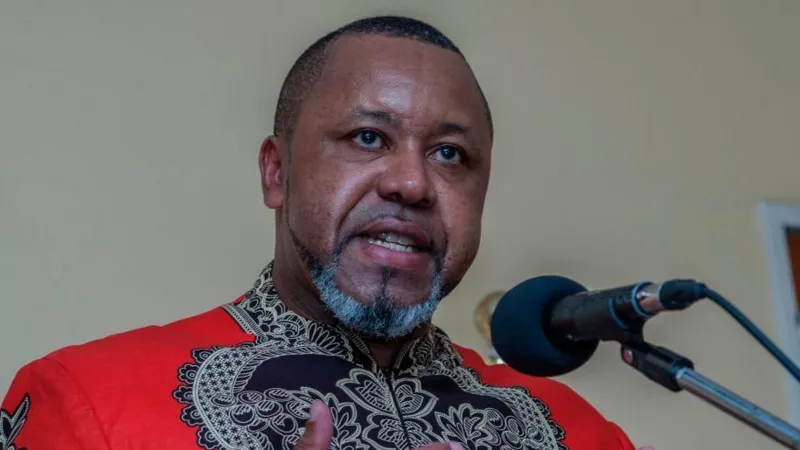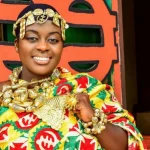Malawi’s Vice-President Saulos Chilima died at the age of 51 after a military aircraft he was flying in crashed in a forest in the north of the country.
He had been vice-president for a total of nine years during two terms, initially under former President Peter Mutharika, who picked him from the business sector for the second most senior post in government.
As a politician, he was seen as having a special connection with people, especially the youth.
He was very convincing in his demeanour, fashionable in his dressing and at times spoke like a member of the younger generation.
He was a “very magnetic figure among young people” who positioned himself as a “handsome, athletic and dedicated young leader”, Bayana Chunga, a journalist in Malawi’s commercial hub, Blantyre, told the BBC’s Africa Daily podcast.
Dr Chilima would exercise in public, at times doing push-ups at campaign podiums and attending golf tournaments as a player himself.
“In many ways he was the symbol of young people participating in the politics and governance of Malawi,” Mr Chunga said.
In government he was described as a “performer” and “workaholic”.
But in a way he was also perhaps defined by being at the centre of corruption allegations in government.
First as an accuser, and then as an accused.
Before Dr Chilima became vice-president in 2014, he was the managing director of the country’s leading telecommunications firm Airtel Malawi, the first Malawian to head the organisation.
Dr Mutharika had reportedly said he was partnering with a “reliable and productive” person.
But four years later, Dr Chilima fell out with the president, accusing the government of not doing enough to fight corruption and protecting some people.
Under Malawian law the president cannot fire the vice-president – Dr Chilima defied calls to resign despite publicly challenging the government he was in.
He later formed his own political party, the UTM, calling for radical change and reform in the country.
He ran for president in 2019 as the party’s candidate and came third.
Mr Mutharika won that election but it was subsequently annulled by Malawi’s Constitutional Court because of widespread irregularities.
It was the first time in Africa that an election result was overturned by a court and then the sitting president went on to be defeated in a re-run.
Dr Chilima teamed up as the running-mate of Lazarus Chakwera in the historic 2020 vote.
Dr Chakwera, who had come second in the discredited 2019 poll, was resoundingly elected president, and Dr Chilima became his vice-president.
But the vice-president would soon himself face corruption allegations, which he had so much rallied against in the previous administration.
He was arrested in 2022 on claims that he received money in return for influencing the awarding of government contracts – which he denied.
The president fired another official who was named alongside him.
As he could not sack the vice-president, Dr Chakwera promised he would no longer delegate any official duties to Dr Chilima while he was facing trial.
Journalist Mr Chunga said “it was a big disappointment to the young people who followed him and the nation at large” when Dr Chilima was accused of corruption.
But the charges were dropped last month – in a move that raised questions about the handling of corruption cases.
Before his role as a political heavyweight in Malawi, Dr Chilima had held other senior roles in the corporate sector, including at the company which bottled Coca Cola in Malawi and Unilever.
He was an economist and held a PhD in knowledge management.
While serving in government, he was also the minister responsible for economic planning and public sector reforms.
The government’s website said he was a “performer”, “workaholic” and “an achiever”.
He was seen as a possible contender for the presidential election set for next year.
Felix Njawala, the spokesman of Dr Chilima’s UTM party said he had inspired many people because of the hope they had in him for the country.
He described the vice-president as a “very intelligent” and very strong” person who also inspired him.
“He inspired many of us – we lived the dream he had,” he told the BBC.
Dr Chilima was born on 12 February 1973 in Blantyre, although his family comes from the Ntcheu district in central Malawi.
He leaves behind his wife Mary and two children, Sean and Elizabeth.













